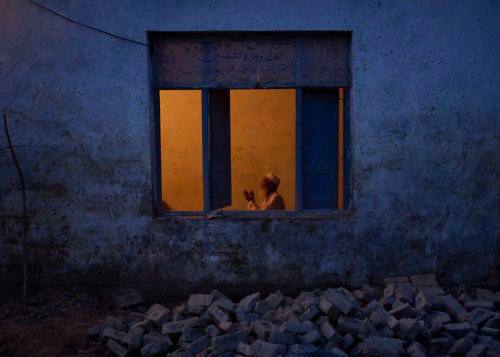The Conditions, Elements and Ethics of Commanding Good and Forbidding Evil
📬 DAILY POST#337

_Imaam Ibn Qudaamah Al-Maqdisi -rahimahullaah-_
Said:
*THE CONDITIONS, ELEMENTS AND ĀDĀB OF COMMANDING GOOD AND FORBIDDING EVIL.*
Know verily that, the elements of commanding good and forbidding evil are four;
*1.*The person who command good and forbid evil should be a Mukallaf(I.e an adult and sane person), Muslim and he should be capable of doing it. This a condition which makes forbidding evil wājib. A child can also forbid evil and he will be rewarded for it. However, it is not compulsory on him. As for the moral excellence of the Munkir(I.e the person who command good and forbid evil), some ulamaa opined that a fāsiq cannot command good and forbid evil and they based their evidence on the verse that says;
_”أَتَأْمُرُونَ النَّاسَ بِالْبِرِّ وَتَنسَوْنَ أَنفُسَكُمْ وَأَنتُمْ تَتْلُونَ الْكِتَابَ أَفَلَا تَعْقِلُونَ”_
_”What! do you enjoin men to be good and neglect your own souls while you read the Book; don’t you have sense?”_
*Suratu Al-Baqarah, verse 44.*Though, they have no proof by using the verse for their opinion.
While other ulamaa opined that the munkir has to seek for permission from the Imām or Al wālī, and ordinary person is not entitled to religious censorship.
And it is indeed surprising and odd to know that the rawāfid(shià) opined that it is not permissible at all to command good and forbid evil until their infallible Imām arrives. And this is the worst and baseless opinion that one can ever imagine.
Anyway, the correct opinion is that the verses and the Ahaadith are general that whosoever sees evil while been able to rectify it but does nothing is sinful in some cases whether with the permission of the Imām or not.
And Know verily that, religious censorship has basically five levels;
*I.*Explaining the evil nature of the act to the person perpetuating it.
*II.* making Alwàdh(admonishment) to the person with a soft tune and in a polite manner.
*III.*Rebuking him. This does not mean one should use an abusive word against him. Rather, one just say ‘oh you ignorant person, won’t you fear Allāh!’
*IV.*Stopping him with force and strength. Like destroying his/her musical instruments and breaking the bottles of beers he/she uses.
*V.* Warning and threatening him with torture or punishment. This level needs the permission of Al Imām apart from those levels we made mentioned above. This is because it might lead to a great fitna in the society.
*17th Safar, 1438H.*
Allāhu A’alam! Bārakallāhu fīkum!
📨@IslamNode📤




